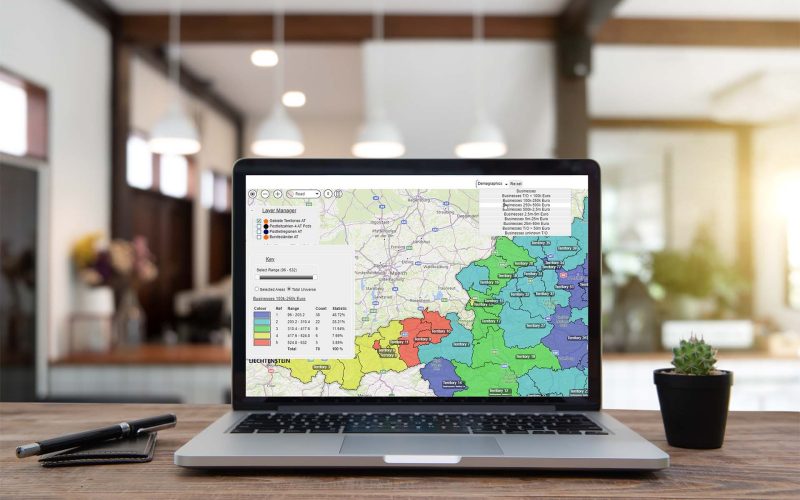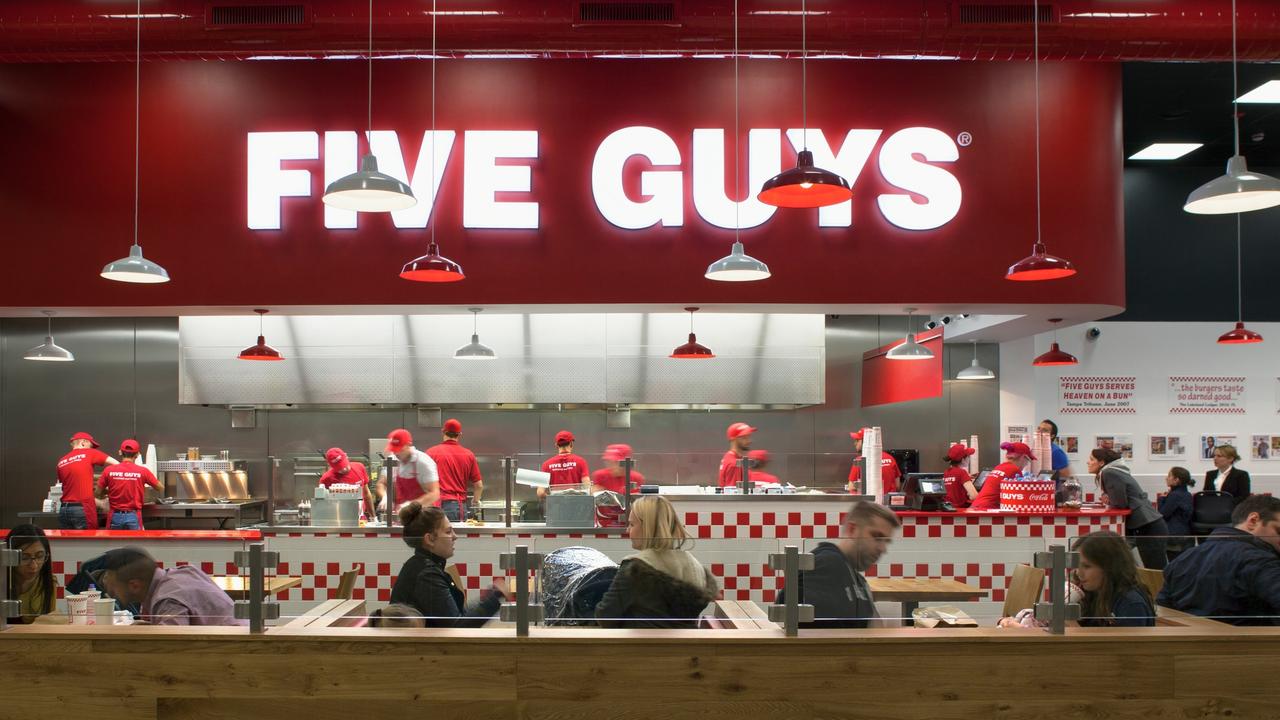The lowdown on the great franchise showdown: Exclusive territories v marketing territories
14th Sep 2023
Share it

By Emily Ainsworth
Franchising – it's not just about mowing lawns or flipping burgers.
It's about where you do it and who gets to join the party.
Enter the world of territories.
But what's the difference between exclusive and marketing territories?
Let’s break 'em down for you, exploring the pros and cons of each model so you can see which one takes the cake.
Exclusive explained.
An exclusive territory is your own little patch of paradise; a geographically defined boundary where only one franchisee can conduct business. If you're the franchisee for a café in Carlton, no one else from the same brand can set up shop in your neck of the woods.
Pros:
- No neighbourly spats: Imagine having your own patch of beach without anyone laying their towel too close. That's what an exclusive territory feels like. No other franchisee, or even the franchisor, can crash your party.
- Clear waters: With a defined territory, you can dive deep without worrying about another franchisee muddying the waters. It's all yours!
- Predictable profits: Predict your earnings without the surprise of a new competitor popping up next door.
Cons:
- Fixed boundaries: You have to follow the franchisor’s rules regarding your territory, which may limit your flexibility and creativity. Basically, it's like being fenced in your own backyard. Want to expand or relocate? You'll need to jump through some hoops.
- All eggs, one basket: You may face a saturation or decline in demand in your territory, especially if it's too small or too large. For example, if your territory is too small, you may not have enough customers to sustain business. If your territory is too large, you may not be able to serve all customers effectively or efficiently. Whatever the case, if your territory hits a rough patch, your income might take a hit.
- Enforcement issues: The franchisor may not have a legal obligation to protect or enforce your exclusive rights, especially if they’re not defined in the franchise agreement. For example, the franchisor may allow other channels of distribution, such as online sales or mobile units, that may encroach on your territory.
Marketing Territories
A marketing territory is where you can shout about your business. You can market in Fitzroy, but so can other franchisees from the same brand.
Pros:
- Freedom to roam: Like a kid at a playground, you can run around and market anywhere, even if another franchisee is playing there.
- Sky's the limit: No boundaries, no problems. Scale to your heart's content.
- Cost-effective: Save on marketing with a ready audience and ride on the brand's coattails.
- Stability: A guaranteed operational area means more confidence in your business. You don’t have to fear being squeezed out by other players in the market and can focus on building relationships with your customers.
Cons:
- Turf wars: Without territorial boundaries, you might step on another franchisee's toes. You could also face clashes over such issues as customer poaching, price undercutting or quality standards. You may have to resort to legal action to resolve these issues.
- Competitive heat: More players might mean having to up your game constantly to stand out from the crowd.
- Diluted branding: Different voices, one brand. Inconsistent marketing messages can confuse the masses.
Final thoughts
Exclusive or marketing territories?
It's like choosing between a cappuccino and a chai latte.
Both have their perks.
Your choice boils down to your business goals and tastes.
Before diving in, understand your franchise agreement's nitty-gritty and get some expert advice.
After all, in the world of franchising, knowledge is more than just power – it's profit.


